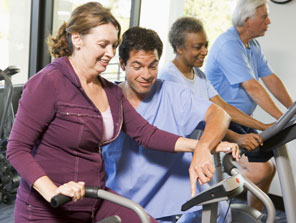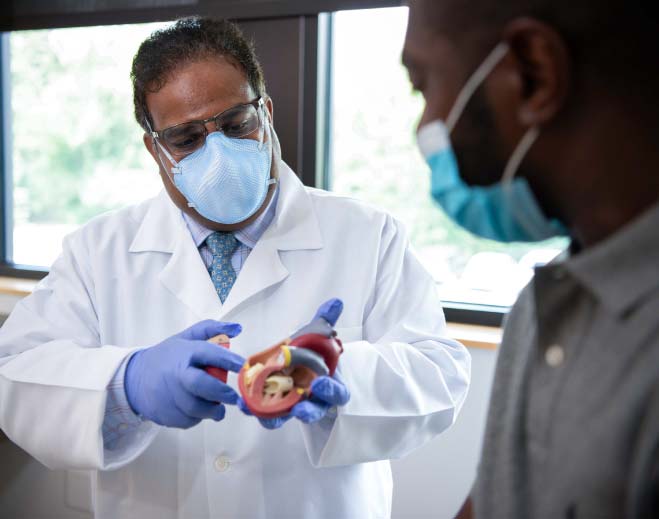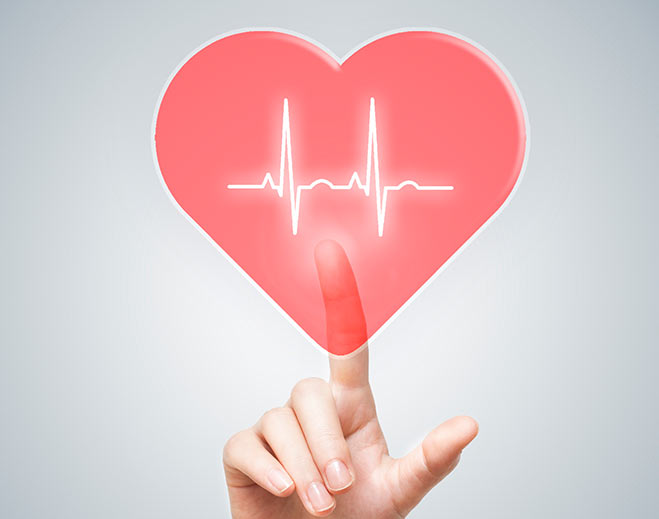Cardiac Rehabilitation
Location Results
for {{LookingWhereSearchResult}} within {{SelectedMiles}} miles
{{LocationsTitle}}
{{facility.distanceInMiles | milesInfo}} miles
{{facility.Title}}
- {{facility.Address.Street}}
- {{facility.Street2}}
- {{facility.Address.City}}, {{facility.Address.StateCode}} {{facility.Address.Zip}}
- {{facility.Phone}}
{{facility.distanceInMiles | milesInfo}} miles
{{facility.Title}}
- {{facility.Address.Street}}
- {{facility.Street2}}
- {{facility.Address.City}}, {{facility.Address.StateCode}} {{facility.Address.Zip}}
- {{facility.Phone}}
{{facility.distanceInMiles | milesInfo}} miles
{{facility.Title}}
- {{facility.Address.Street}}
- {{facility.Street2}}
- {{facility.Address.City}}, {{facility.Address.StateCode}} {{facility.Address.Zip}}
- {{facility.Phone}}
{{facility.Title}}
{{facility.Address.Street}}, {{facility.Street2}}
{{facility.Address.City}}, {{facility.Address.StateCode}} {{facility.Address.Zip}}
Your search found no results. You may search again by adjusting your search criteria.







